Throughout history, there have been moments when global challenges demanded action, but leadership faltered elsewhere. During those times, Canada quietly filled the gap with a mix of moral clarity, humanitarian spirit, and practical policy. From climate change to healthcare innovation, peacekeeping, and international diplomacy, Canada’s steady approach often stood in contrast to louder powers that hesitated or withdrew. Here are 19 times Canada stepped up when the U.S. didn’t.
Taking the Lead on the Paris Climate Agreement

When the United States pulled out of the Paris Climate Accord in 2017, Canada reaffirmed its commitment to the agreement and became a rallying point for climate cooperation. Ottawa not only upheld its emission targets but also joined European nations to push for carbon pricing and green innovation. The federal government introduced the Pan-Canadian Framework on Clean Growth and Climate Change, mandating carbon pricing across provinces. This move solidified Canada’s role in environmental diplomacy, showing that meaningful climate action could continue without U.S. participation. Canadian researchers, policymakers, and industries began exporting clean-tech expertise globally, turning commitment into long-term influence.
Opening Doors to Syrian Refugees

During the height of the Syrian refugee crisis in 2015, the U.S. slowed its intake, citing security concerns, while Canada committed to resettling 25,000 refugees within months. Ordinary citizens, community groups, and local governments mobilized under a private sponsorship model that became a global example. Families arrived at warm welcomes at airports, symbolizing compassion in action. The government’s coordination with NGOs and local organizations ensured integration support through language training, housing, and employment programs. This humanitarian leadership reshaped the global narrative on refugee responsibility and proved that security and empathy could coexist effectively.
Standing Firm Against Apartheid

In the 1980s, while the Reagan administration in the U.S. maintained “constructive engagement” with South Africa, Canada imposed economic sanctions and led calls within the Commonwealth for isolating the apartheid regime. Prime Minister Brian Mulroney worked closely with African leaders, defying pressure from Washington to soften his stance. Canada’s sanctions on trade, investment, and cultural exchanges contributed to the growing international isolation of South Africa’s government. The decision earned Canada global respect and later recognition from Nelson Mandela, who praised the country’s moral courage during a period when many allies chose convenience over conscience.
Keeping Peace in Global Conflicts
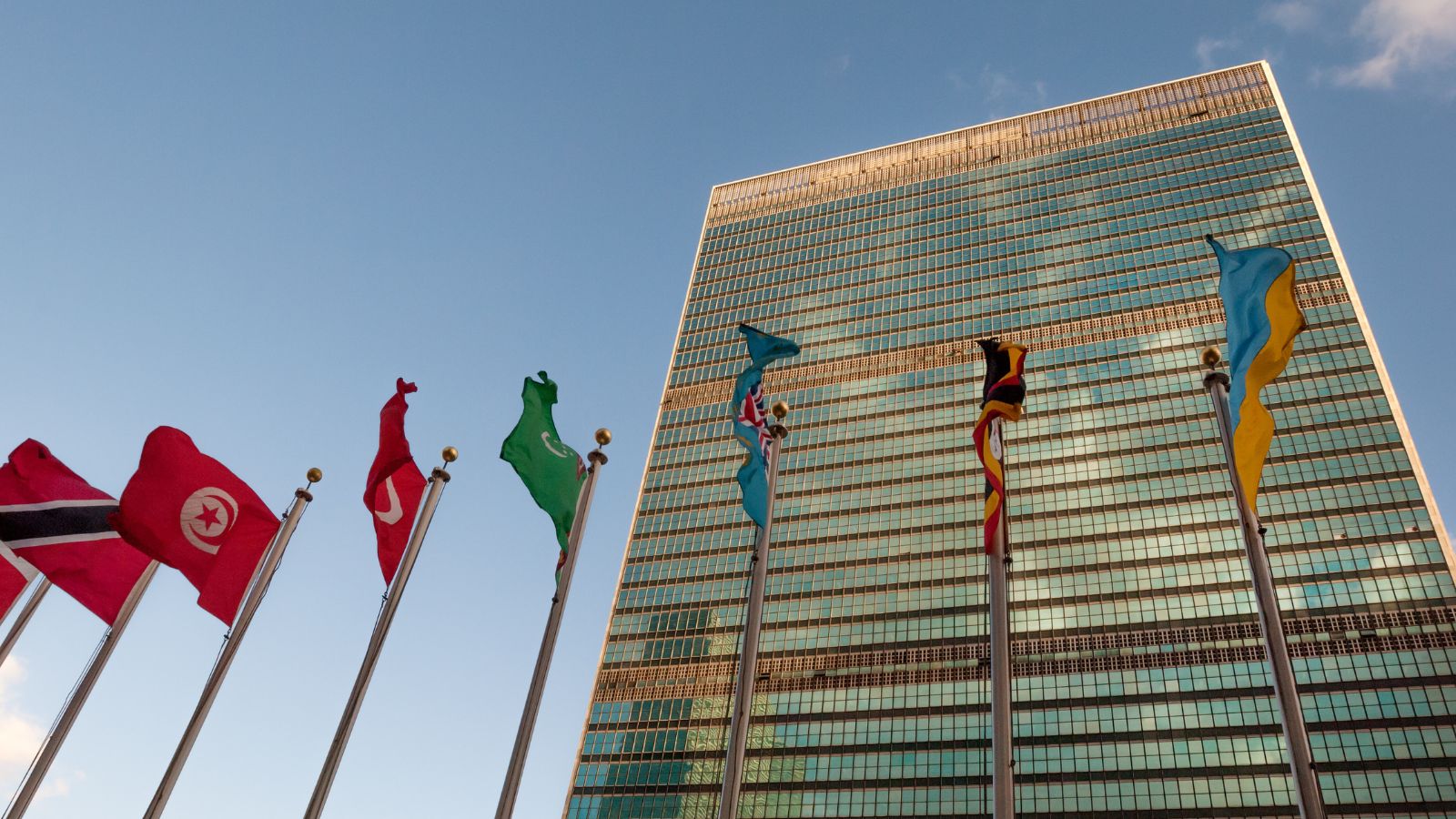
While the United States frequently engaged in unilateral military interventions, Canada championed multilateral peacekeeping through the United Nations. From Cyprus to Rwanda, Canadian forces were often deployed where diplomacy was valued over dominance. The 1990s saw Canada playing critical roles in Bosnia and Haiti, offering logistical and humanitarian assistance instead of occupation. Although the country’s peacekeeping levels have fluctuated, its historical reputation for neutral, humanitarian engagement remains unmatched. This tradition often served as a counterbalance to aggressive foreign policies, reinforcing the idea that global security could be maintained through cooperation rather than confrontation.
Creating Universal Healthcare

When the U.S. debated healthcare access for decades, Canada made it a reality in the 1960s. Under the leadership of Tommy Douglas and the Saskatchewan model, Canada introduced a publicly funded healthcare system that became a national standard. Despite initial protests and doctor strikes, the model proved sustainable and equitable. The federal government eventually expanded it nationwide, ensuring access based on need, not income. Decades later, while the U.S. continued to face insurance crises, medical debt, and disparities, Canada’s system became a benchmark for fairness and efficiency. This proactive choice reshaped societal well-being across generations.
Accepting Vietnamese Boat People
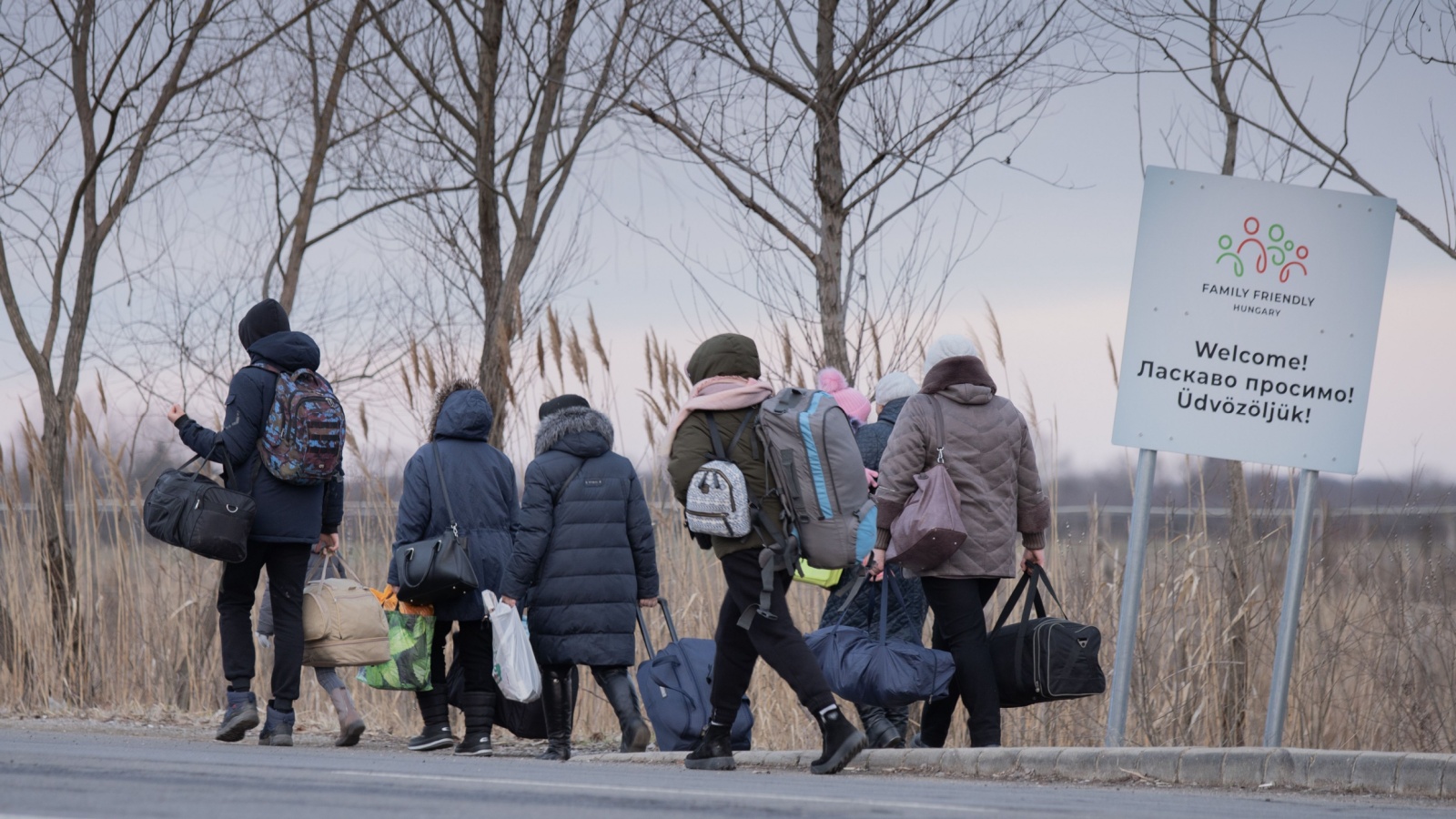
After the Vietnam War, thousands of refugees fled the region, often turned away by major Western powers. In 1979, Canada accepted more than 60,000 Vietnamese refugees through coordinated government and private sponsorship programs. The effort was largely citizen-driven, with Canadians opening their homes and communities to help resettle families. This initiative stood out as one of the largest refugee programs per capita in the world. While the U.S. response was slower and more politically constrained, Canada’s swift humanitarian action set an enduring precedent for international refugee aid.
Legalizing Same-Sex Marriage Early
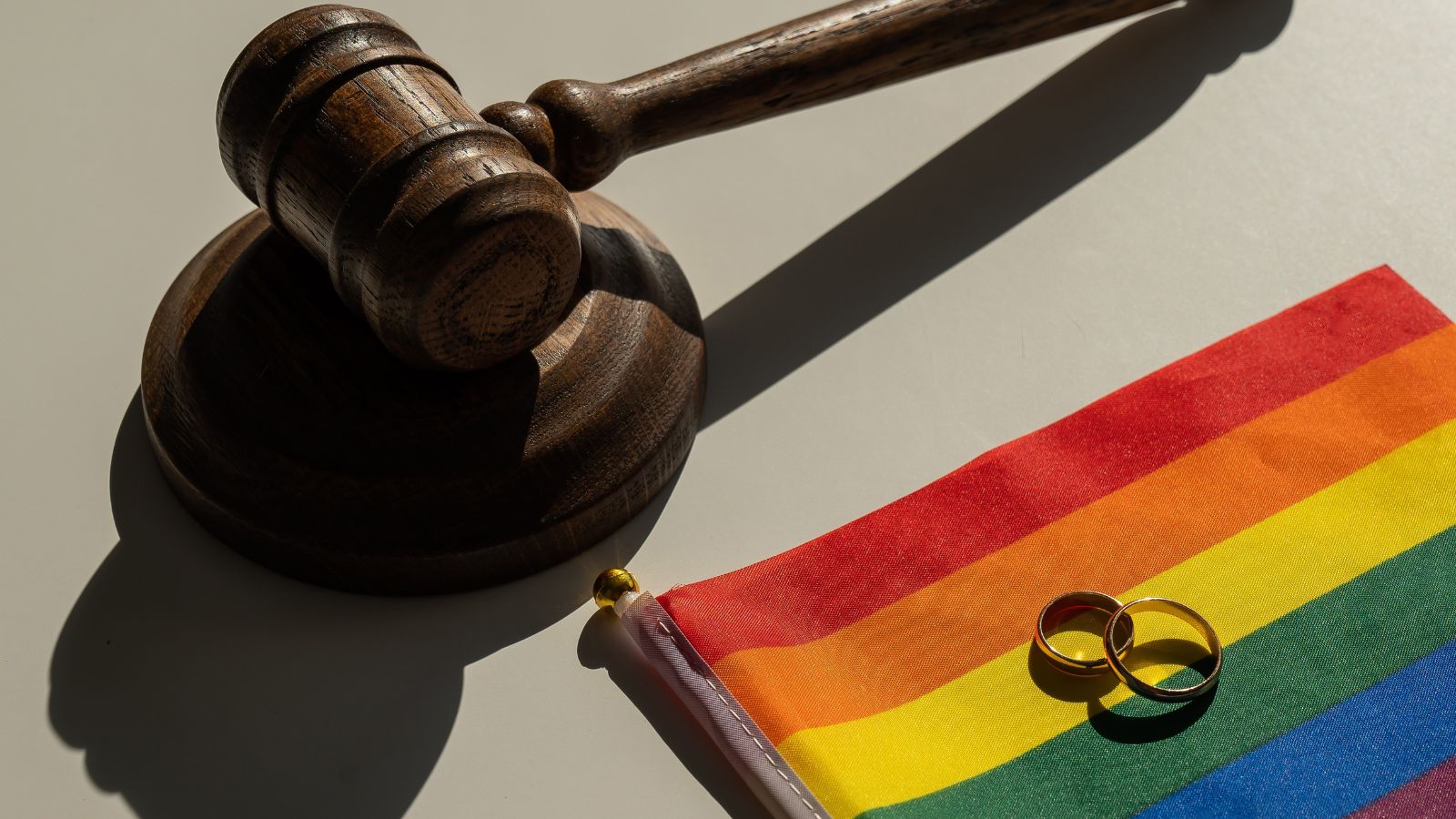
Before the U.S. Supreme Court legalized same-sex marriage in 2015, Canada had already recognized it nationally a full decade earlier, in 2005. The Civil Marriage Act guaranteed marriage equality across provinces, following years of advocacy and court rulings affirming equal rights. This made Canada the fourth country in the world to legalize same-sex marriage. The decision positioned it as a progressive leader on LGBTQ+ rights, influencing international discussions and giving asylum to individuals fleeing persecution. By contrast, the U.S. continued a long and divided debate until Obergefell v. Hodges resolved it ten years later.
Refusing to Join the Iraq War
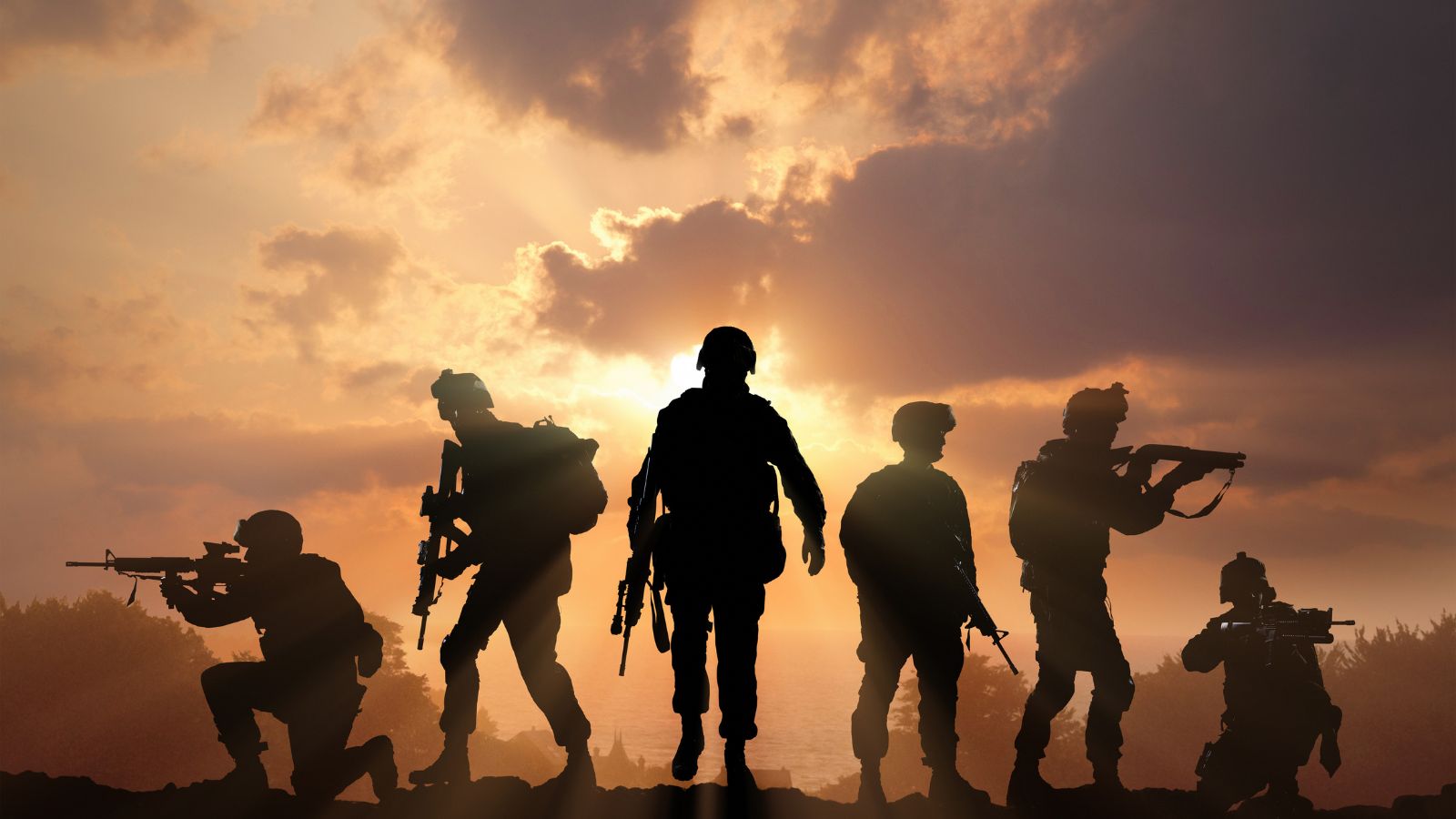
In 2003, when the U.S. launched its invasion of Iraq, Canada declined to participate, citing a lack of UN authorization and questionable evidence of weapons of mass destruction. Prime Minister Jean Chrétien’s decision faced criticism from Washington but was supported domestically and internationally. Canadian forces instead concentrated on peacekeeping and reconstruction efforts in Afghanistan under NATO. The refusal to engage in Iraq was later vindicated when intelligence failures and the war’s destabilizing effects became clear. This stance demonstrated Canada’s independence in foreign policy and its preference for legality and multilateralism over unilateral military action.
Supporting the International Criminal Court

While the U.S. refused to ratify the Rome Statute establishing the International Criminal Court in 1998, Canada became one of its strongest supporters. The ICC, designed to prosecute war crimes and crimes against humanity, represented a bold move toward global justice. Canada not only ratified the treaty but also helped shape its legal framework through significant contributions from Canadian jurists. By advocating accountability beyond national borders, the country reinforced its identity as a rules-based democracy. This leadership ensured that victims of war crimes would have a voice even when superpowers opted out of such commitments.
Standing Up for Multilateralism at the UN

During times when U.S. administrations reduced engagement with the United Nations, Canada maintained strong participation and funding. It consistently supported UN humanitarian agencies, peacekeeping missions, and development programs. From championing gender equality initiatives to promoting indigenous rights globally, Canadian diplomats prioritized cooperative problem-solving. The nation’s balanced approach often restored credibility to multilateral institutions struggling with polarization. Its engagement demonstrated how smaller powers could influence the global agenda through persistence and partnership rather than dominance or withdrawal, reinforcing trust in international governance during turbulent geopolitical times.
Advocating for the Ottawa Landmine Ban

In 1997, Canada spearheaded the Mine Ban Treaty, an international agreement prohibiting anti-personnel landmines. The U.S. refused to sign the treaty, citing security concerns, but 164 countries eventually joined. The initiative emerged from a conference in Ottawa and led to measurable declines in global landmine use and civilian casualties. Canadian diplomacy and civil society collaboration drove the campaign, which became known as the “Ottawa Process.” The treaty remains a landmark example of moral leadership influencing humanitarian law. Even without superpower backing, Canada’s persistence demonstrated how committed middle powers can mobilize the world toward collective safety.
Protecting Arctic Sovereignty through Cooperation
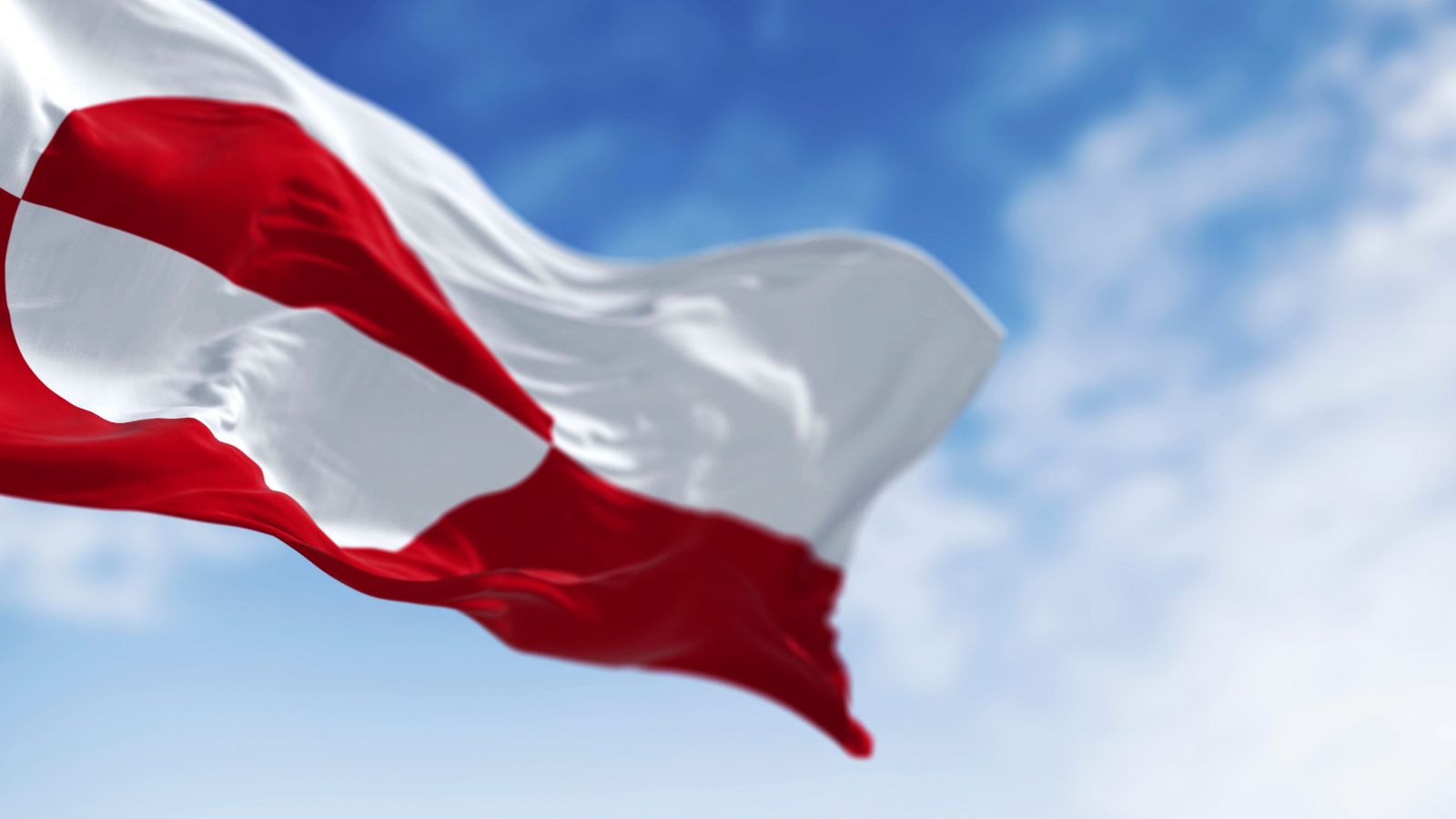
While U.S. administrations often prioritized resource extraction in the Arctic, Canada promoted sustainable governance and indigenous inclusion. Through the Arctic Council, it advanced environmental stewardship and diplomatic collaboration with Nordic nations. Canadian policy emphasized the rights of Indigenous communities and climate research instead of purely economic gain. This balanced strategy allowed Canada to shape Arctic discussions constructively while others pursued competition. Its efforts helped preserve ecological integrity and fostered regional stability, showing that leadership in fragile regions could align conservation with diplomacy rather than exploitation.
Pushing for the Kyoto Protocol

In 1997, the world faced rising carbon emissions, and Canada signed the Kyoto Protocol alongside other nations committed to reduction targets. The United States signed but never ratified the agreement, effectively stalling global progress. Canada initially struggled with implementation, but its continued participation encouraged environmental accountability within developed nations. The commitment signaled Canada’s intent to be part of climate solutions, setting the groundwork for later innovations in renewable energy and emissions reporting. Even with subsequent challenges, the willingness to act when others stalled highlighted a sense of shared planetary responsibility.
Providing Medical Aid During Global Health Crises

During outbreaks like Ebola and COVID-19, Canada contributed medical expertise, funding, and vaccine support through COVAX and WHO initiatives. When the U.S. initially withdrew from the WHO in 2020, Canada doubled its funding commitments and coordinated with European allies to maintain stability in global health systems. Canadian labs helped develop treatments and testing support for nations lacking resources. This internationalism reflected a belief in science-based collaboration rather than isolation. By emphasizing public health cooperation, Canada helped mitigate the vacuum created by larger powers’ temporary disengagement from global healthcare leadership.
Offering Asylum to American Draft Dodgers
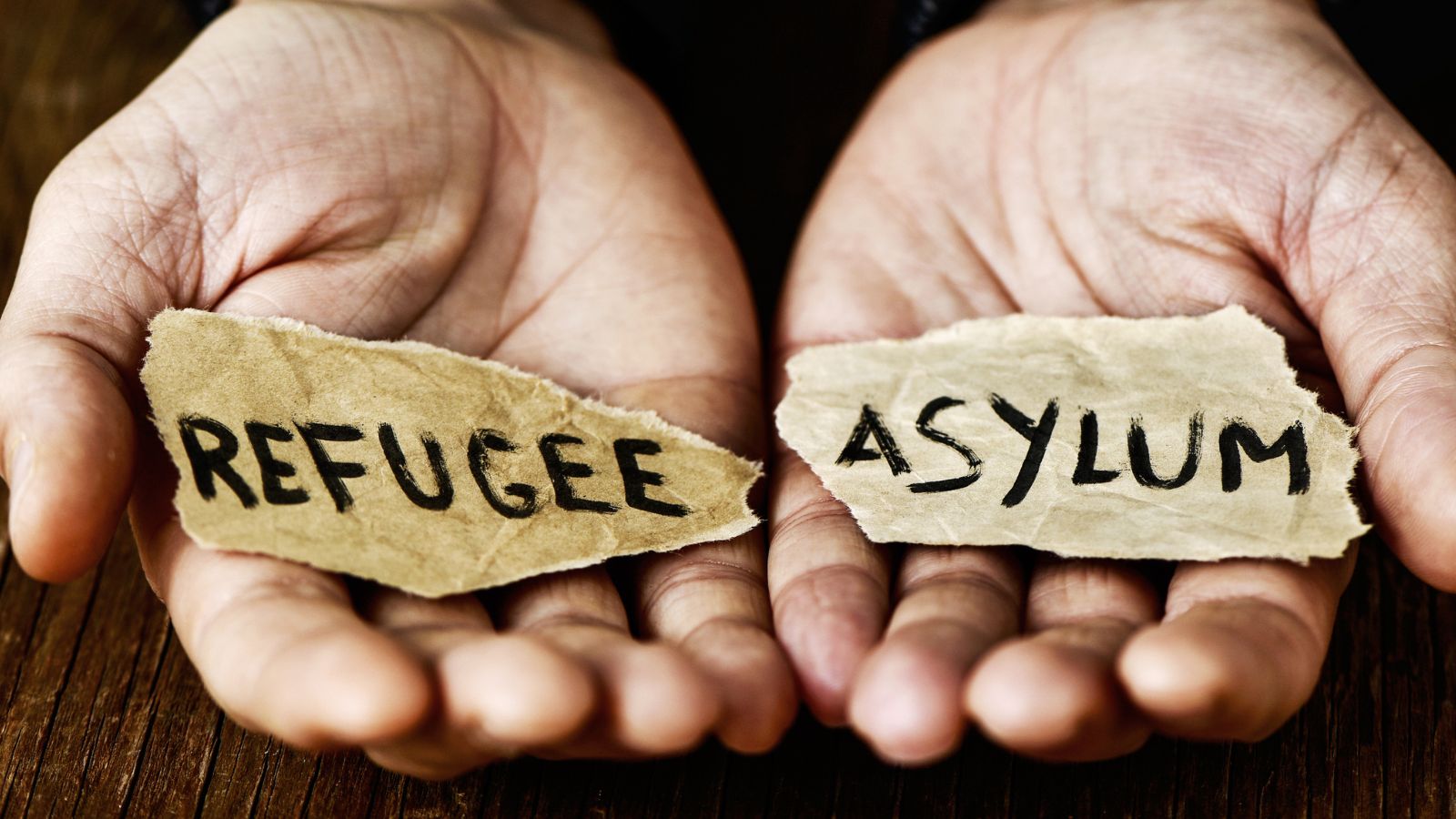
During the Vietnam War, tens of thousands of American men fled north to avoid conscription. Canada granted them asylum, allowing them to start new lives rather than face imprisonment. The government’s decision to accept draft resisters, combined with citizen networks offering housing and employment opportunities, transformed the country into a haven for conscientious objectors. The move was controversial but consistent with Canada’s values of personal freedom and moral autonomy. Many who stayed went on to make significant contributions to Canadian society, transforming a humanitarian act into a long-term cultural exchange rooted in compassion and principle.
Recognizing the Rights of Indigenous Peoples Internationally
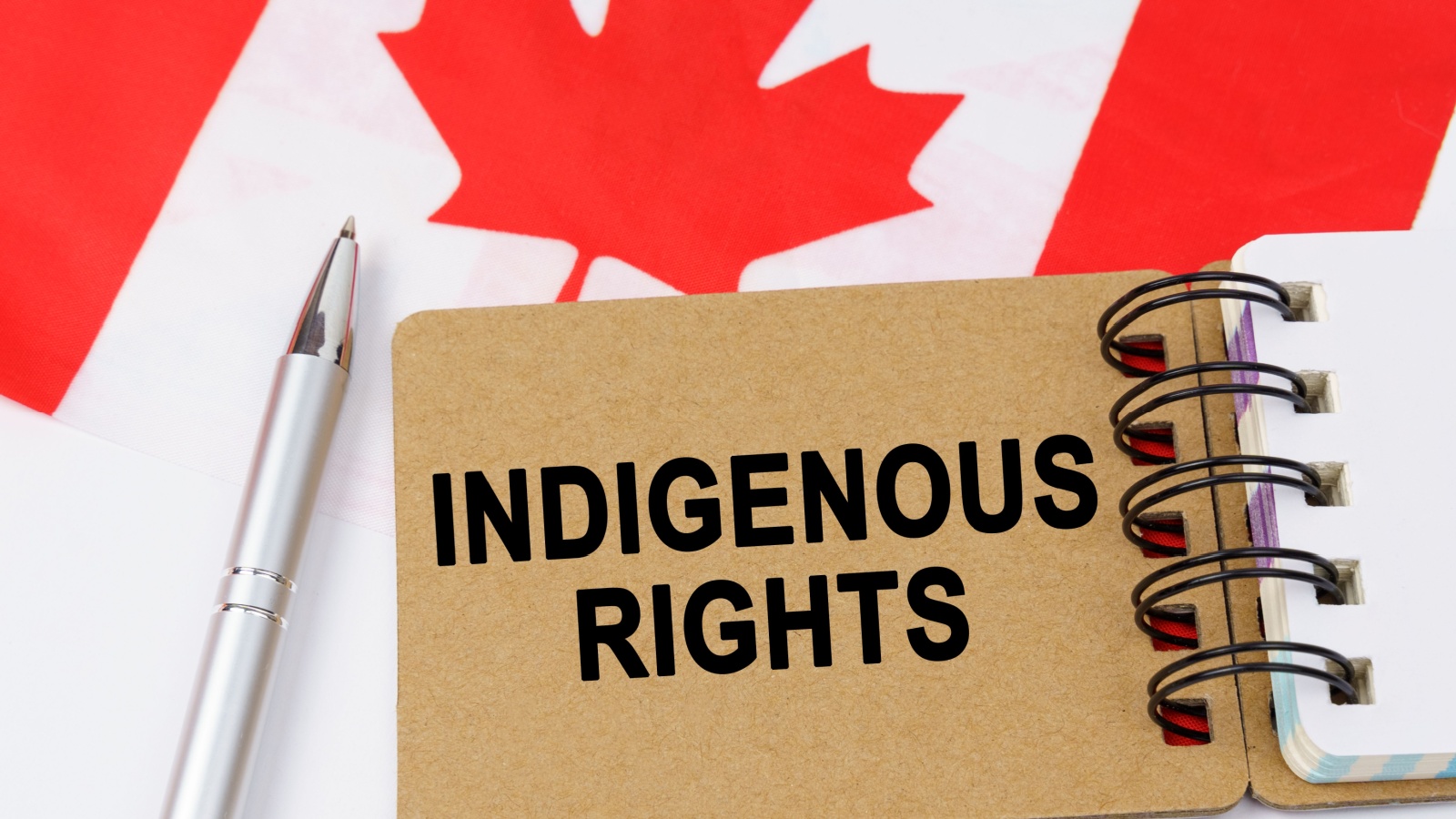
In 2016, when the U.S. hesitated to fully endorse the UN Declaration on the Rights of Indigenous Peoples, Canada fully endorsed it. This shift followed years of advocacy from Indigenous communities and reflected a broader national commitment to reconciliation. Canadian representatives collaborated with global partners to develop frameworks for Indigenous participation in resource decisions, governance, and education. While domestic reconciliation remains complex, Canada’s active role in promoting indigenous rights internationally signaled a willingness to lead ethically, setting an example for other nations navigating their colonial legacies.
Defending Press Freedom Abroad

As global press freedoms came under threat, Canada consistently funded initiatives supporting independent journalism in countries with censorship issues. Through the Media Freedom Coalition, co-chaired with the UK, it pushed for journalist protection policies and offered asylum to reporters under threat. When other major powers prioritized political alliances over free expression, Canada emphasized transparency and access to information. This focus on media independence helped reinforce democratic accountability internationally. Canadian grants and training programs empowered journalists in fragile democracies, strengthening global civil society and safeguarding truth in a time of growing disinformation.
Supporting the Iran Nuclear Deal

While Washington withdrew from the Iran nuclear agreement in 2018, Canada continued advocating for diplomatic solutions and nuclear non-proliferation. Ottawa coordinated with European allies to sustain dialogue and humanitarian trade channels, emphasizing engagement over isolation. The decision to maintain communication with Iranian reformists and uphold multilateral agreements demonstrated faith in diplomacy as a stabilizing force. Though limited in leverage, Canada’s consistency helped preserve international cooperation mechanisms that would otherwise have unraveled completely. It reinforced that strategic patience and dialogue could serve long-term security interests more effectively than unilateral withdrawal.
Promoting Gender Equality in Global Development
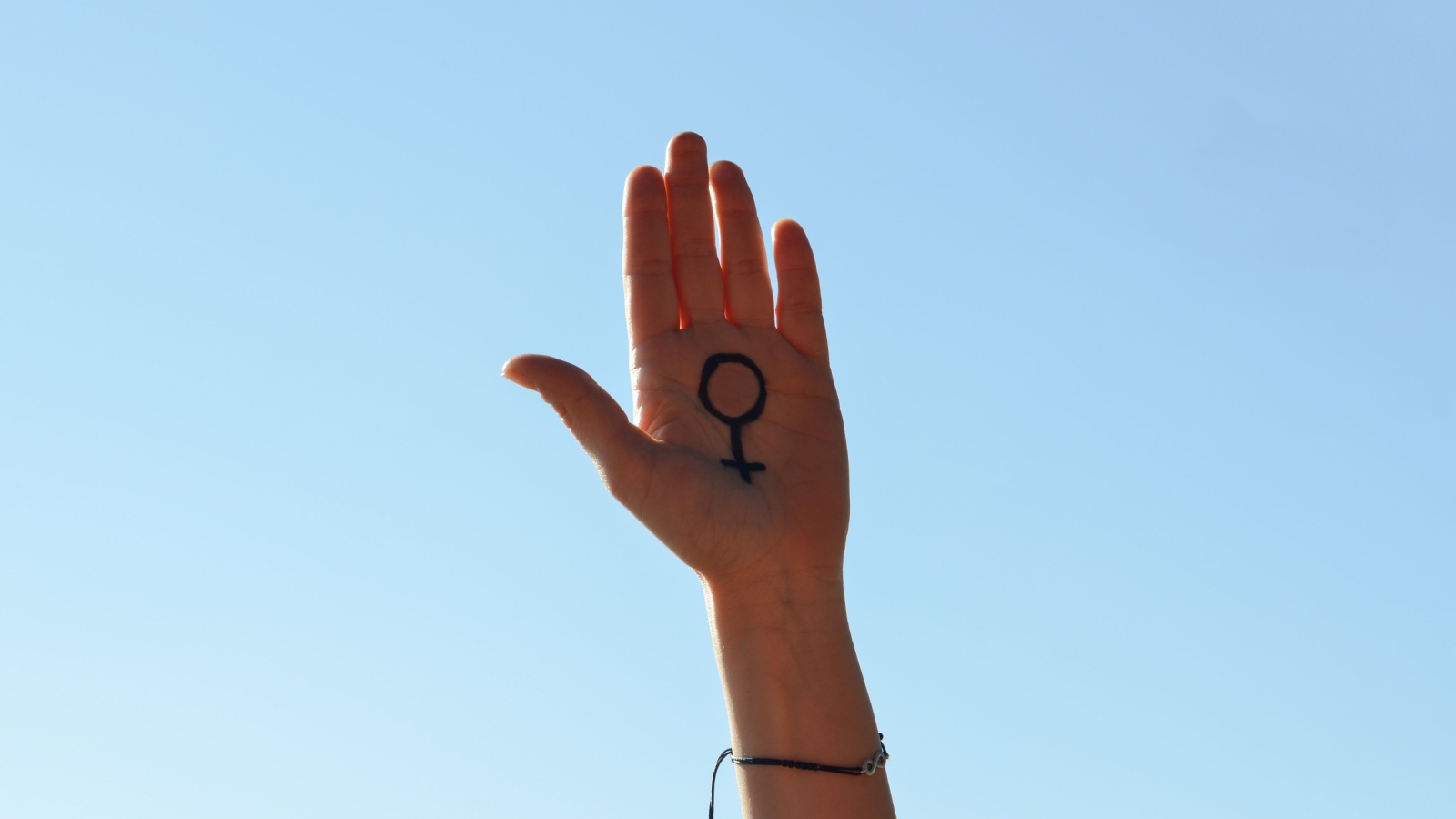
When some major powers cut funding for reproductive health and women’s programs abroad, Canada expanded its commitments. Under the Feminist International Assistance Policy, it directed billions toward gender equality, education, and reproductive rights worldwide. The initiative prioritized women-led projects, access to contraception, and maternal healthcare. By filling funding gaps left by U.S. policy reversals, Canada strengthened global progress on women’s empowerment. This leadership redefined development aid priorities, centering dignity and equality as measurable outcomes rather than political gestures.
21 Products Canadians Should Stockpile Before Tariffs Hit

If trade tensions escalate between Canada and the U.S., everyday essentials can suddenly disappear or skyrocket in price. Products like pantry basics and tech must-haves that depend on are deeply tied to cross-border supply chains and are likely to face various kinds of disruptions
21 Products Canadians Should Stockpile Before Tariffs Hit
